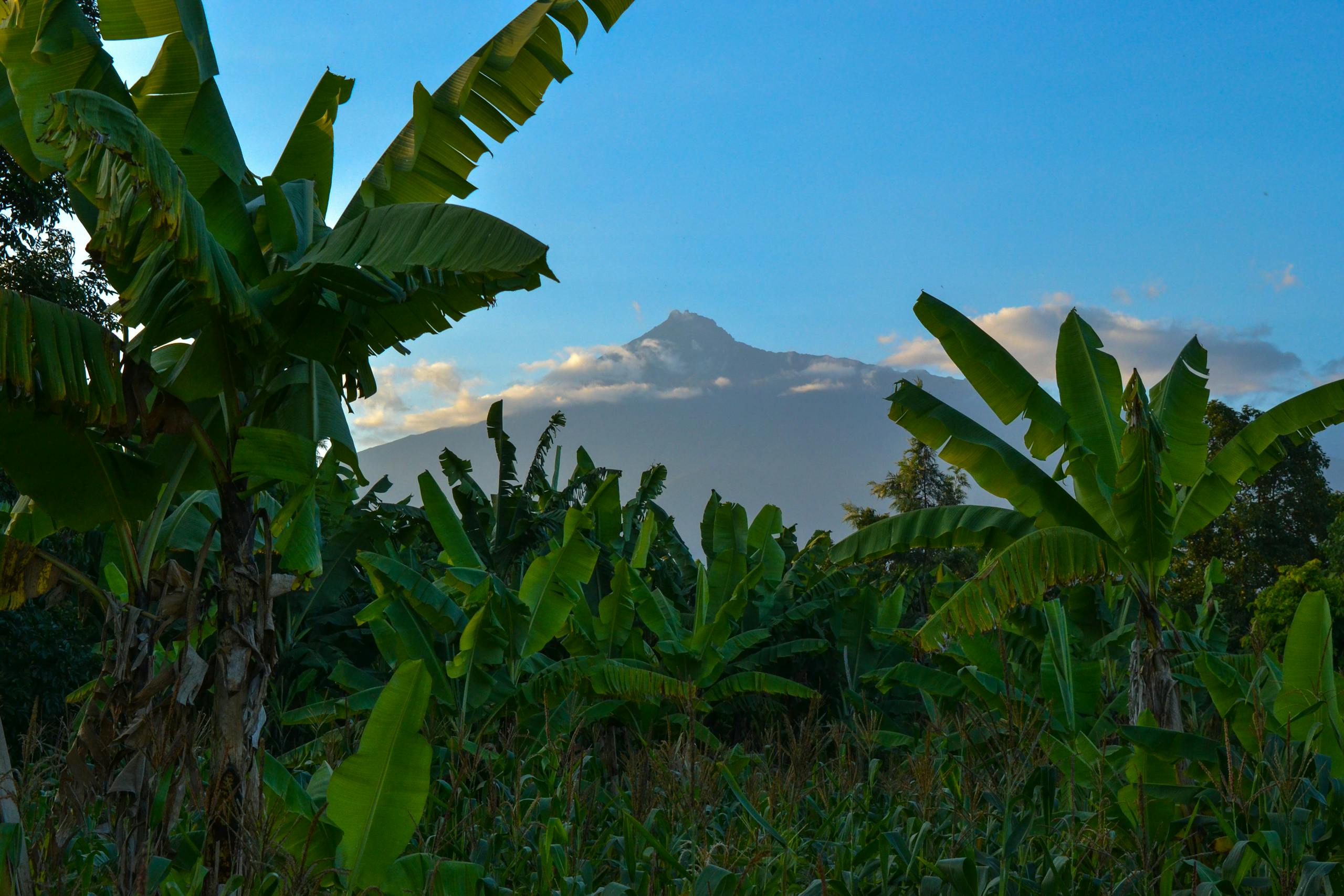COP28, the UN Climate Change Conference held in Dubai, provided a crucial platform for African nations to highlight their unique vulnerabilities, advocate for increased climate finance, and showcase their contributions to global climate solutions.
Africa’s Vital Role in COP28 Blue Zones Conversations
The 28th Conference of the Parties (COP28) to the United Nations Framework Convention on Climate Change (UNFCCC) held in Dubai marked a pivotal moment for global climate action. African nations, bearing a disproportionate burden of climate change impacts, played a vital role in shaping discussions and advocating for equitable solutions within the COP28 Blue Zones – the heart of the negotiations.
Africa’s Climate Change Vulnerabilities
The African continent is highly susceptible to the adverse effects of climate change, despite contributing the least to global greenhouse gas emissions.
- Extreme Weather Events: Africa faces increasing frequency and intensity of droughts, floods, and heatwaves, impacting livelihoods, food security, and water resources.
- Economic Dependence on Climate-Sensitive Sectors: Many African economies heavily rely on agriculture, forestry, and fisheries – sectors highly vulnerable to climate variability and change.
- Limited Adaptive Capacity: Resource constraints, poverty, and inadequate infrastructure limit the ability of many African countries to adapt to the impacts of climate change.
Amplifying African Voices in the Blue Zones
COP28 provided a crucial platform for African nations to raise awareness about their unique circumstances and advocate for their priorities.
- Loss and Damage: African nations strongly advocated for the operationalization of the Loss and Damage Fund, established at COP27, to address the irreversible impacts of climate change they are already experiencing.
- Climate Finance: Access to adequate and predictable climate finance is crucial for African countries to implement their climate action plans. Discussions focused on scaling up financial support from developed nations.
- Adaptation and Resilience: African nations emphasized the importance of investing in adaptation measures to build resilience to climate change impacts, such as drought-resistant crops, early warning systems, and climate-resilient infrastructure.
Showcasing Africa’s Climate Solutions
Beyond highlighting vulnerabilities, African countries showcased their innovative climate solutions and contributions to global climate action.
- Renewable Energy Potential: Africa possesses vast renewable energy resources, including solar, wind, hydro, and geothermal. Many countries are harnessing these resources to transition to cleaner energy systems.
- Nature-Based Solutions: African nations are implementing nature-based solutions, such as reforestation, sustainable land management, and ecosystem restoration, to mitigate climate change and enhance resilience.
- Local and Indigenous Knowledge: Recognizing the value of traditional knowledge, African countries are integrating indigenous practices and local knowledge into climate change adaptation and mitigation strategies.
The Road Ahead: From Commitments to Action
While COP28 provided a platform for progress, the true measure of success lies in translating commitments into concrete actions.
- Implementation of Climate Plans: African countries need continued support to implement their Nationally Determined Contributions (NDCs) – their pledges to reduce emissions and adapt to climate change.
- Equitable Climate Finance: Developed nations must fulfill their commitments to provide climate finance to developing countries, ensuring that funds are accessible, predictable, and channeled towards African priorities.
- Global Collaboration: Addressing climate change requires a global effort. Strengthening partnerships between African nations, developed countries, international organizations, and the private sector is crucial for driving meaningful action.
Keypoints
🌍 Africa faces significant climate change vulnerabilities, including extreme weather events, economic dependence on climate-sensitive sectors, and limited adaptive capacity.
📣 COP28 provided a platform for African nations to amplify their voices, advocating for increased climate finance, loss and damage compensation, and investments in adaptation.
☀️ Africa showcased its potential in renewable energy, nature-based solutions, and the integration of local and indigenous knowledge into climate action strategies.
🤝 Global collaboration, equitable climate finance, and the effective implementation of climate plans are crucial for addressing climate change challenges in Africa.
💰 Translating commitments into action and ensuring that climate finance reaches those most in need remains a critical priority for the African continent.
As the world moves forward from COP28, it is imperative that the international community recognizes the urgency of addressing climate change in Africa. By supporting African nations in their climate action endeavors, we contribute to a more sustainable, equitable, and resilient future for all.














